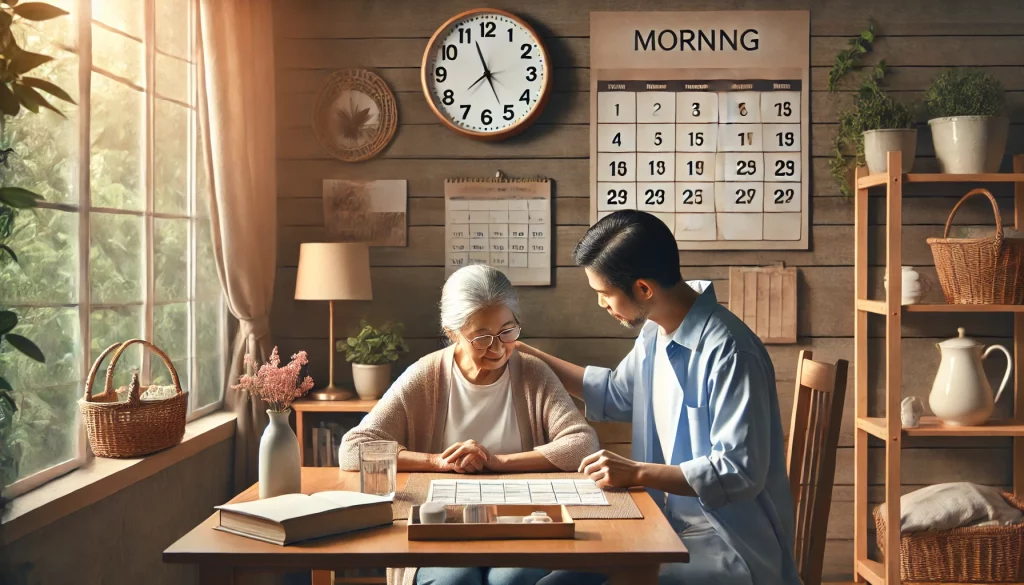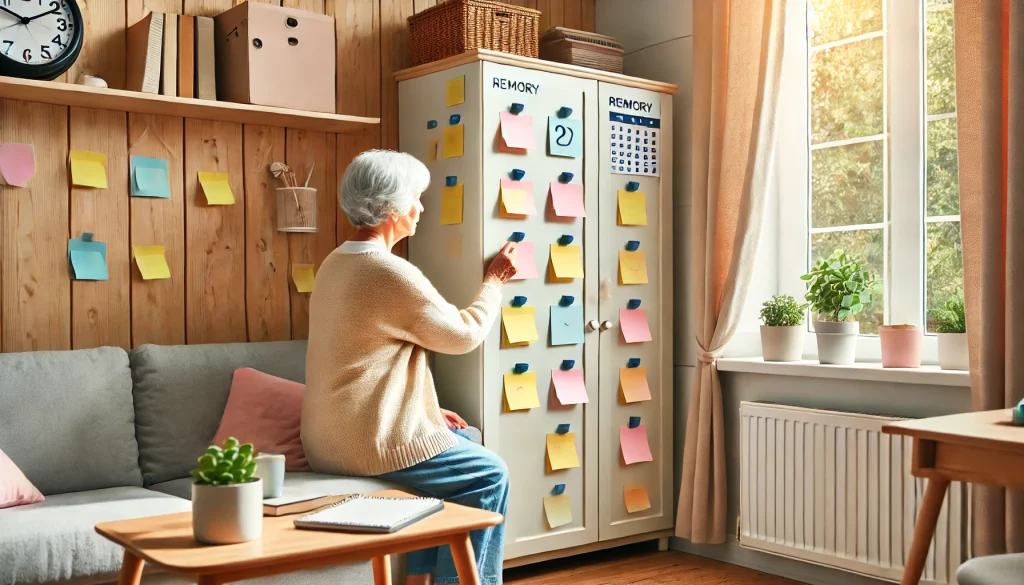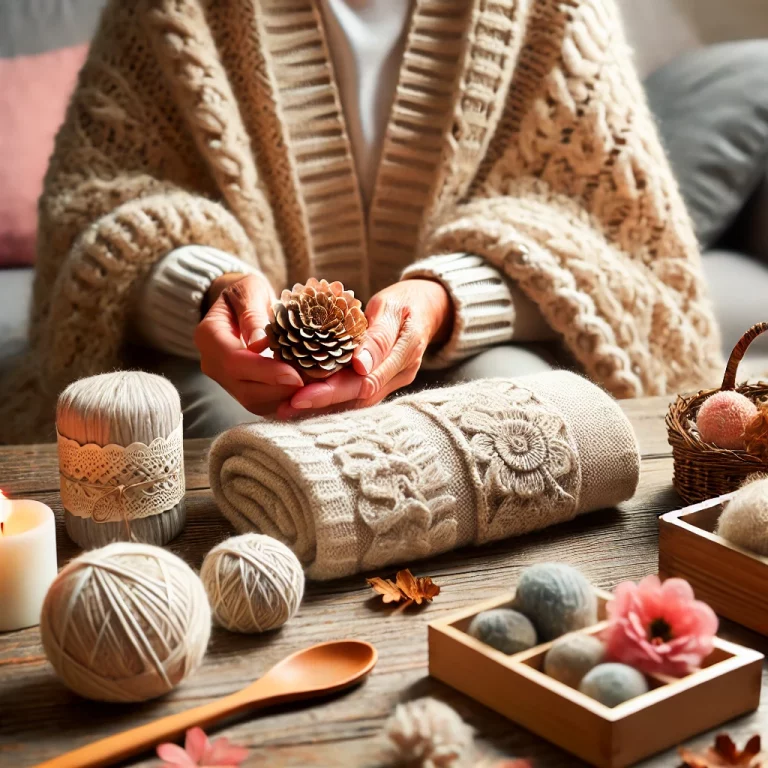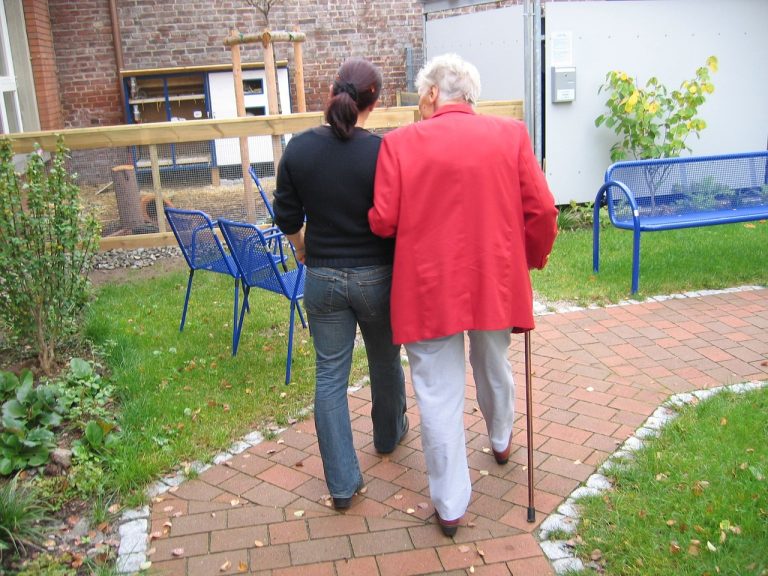I never thought a simple morning ritual could become our lifeline, but that’s exactly what happened when I became my father’s caregiver. It all started on a chaotic Tuesday when Dad, deep in the fog of dementia, couldn’t remember how to brush his teeth. As I gently guided his hand, I saw a flash of frustration in his eyes that broke my heart. That’s when I realized that our caregiving journey wasn’t just about managing tasks – it was about preserving Dad’s dignity and finding ways for both of us to feel a sense of control in this new reality.
Structured Routine Ideas
Consistency helps reduce anxiety by providing structure and familiarity

Our journey to create a daily routine began with small steps. We started with a simple morning ritual: opening the curtains together, watering the plants, and then having breakfast. At first, it felt forced, but soon I noticed Dad relaxing into the predictability. One morning, he surprised me by heading to the windowsill on his own, ready to water his beloved fern.
As days turned into weeks, our routine expanded. Each activity, no matter how small, became a anchor point in Dad’s day. The look of quiet satisfaction on his face when he completed a task in our routine was priceless. It wasn’t just about getting things done; it was about giving Dad a sense of purpose and accomplishment in a world that often felt confusing to him.
Assistive Devices Ideas
Simple tools can empower the person to manage tasks on their own

Our breakthrough with assistive devices came unexpectedly. Frustrated by Dad’s increasing confusion about time, I bought a large, clear digital clock. The day we set it up, Dad’s face lit up. “Now I can see when it’s time for my shows!” he exclaimed. It was a small victory, but it meant the world to see him regain a bit of control over his day.
Encouraged, we explored other tools. A simple pill organizer with alarms helped Dad manage his medication with minimal assistance. Each time he took his pills on his own, I saw a glimmer of his old independence shine through. These devices weren’t just practical aids; they were lifelines to Dad’s sense of self-worth.
Seek Professional Support
Professional assistance can relieve the emotional and physical demands of caregiving

Accepting that I needed professional help was one of the hardest decisions I’ve made. The guilt was overwhelming at first. But the day our dementia care specialist, Sarah, arrived changed everything. She brought expertise I didn’t have and, more importantly, fresh energy and patience.
I’ll always remember the afternoon I came home to find Dad and Sarah looking through his old engineering textbooks, both engrossed in a discussion about bridge design. In that moment, I realized that bringing in help wasn’t about giving up – it was about enriching Dad’s life and ensuring he received the best care possible. It also gave me the chance to be his daughter again, not just his caregiver.
Memory Aids Ideas
Simple aids can significantly enhance day-to-day functionality

Our adventure with memory aids began with a few sticky notes on the bathroom mirror, reminding Dad of his morning routine. Soon, our house was a colorful tapestry of labels and reminders. At first, I worried it might look chaotic, but then I saw how confidently Dad navigated his day with these visual cues.
The most touching moment came when I found a note Dad had written to himself: “Remember to tell Jane you love her.” It was then I realized these memory aids weren’t just about tasks; they were helping Dad hold onto the things that mattered most to him. Each label and reminder became a thread connecting him to his life and loved ones.
Practice Self-Care
Taking care of yourself is essential to continue providing compassionate care

Learning to prioritize self-care was my greatest challenge. For months, I poured every ounce of energy into caring for Dad, neglecting my own needs. It wasn’t until I found myself snapping at him over a minor issue that I realized how close I was to burning out.
With some encouragement from Sarah, I started small – a weekly yoga class while a respite caregiver stayed with Dad. The first time I returned home, feeling refreshed, Dad commented on my smile. “You look happy, Janie,” he said. It was a powerful reminder that taking care of myself wasn’t selfish – it was essential for both of us.
Bring All Together
Looking back on our journey with dementia, I’m struck by how these caregiving ideas transformed not just Dad’s quality of life, but our relationship. What started as a daunting responsibility became a profound opportunity for connection, growth, and love.
Each strategy – from creating routines to practicing self-care – taught me something valuable about patience, resilience, and the depth of human connection. Our home became more than just a safe space; it was a haven of memories, small victories, and moments of joy amidst the challenges.
If you find yourself on this caregiving path, know that you’re not alone. Embrace these ideas, but also be open to discovering your own. Remember, in the midst of challenges, there are beautiful moments waiting to unfold. Caregiving for someone with dementia isn’t just about managing symptoms; it’s about preserving dignity, finding new ways to connect, and growing in ways you never expected. In caring for others, we often discover strengths we never knew we had.






